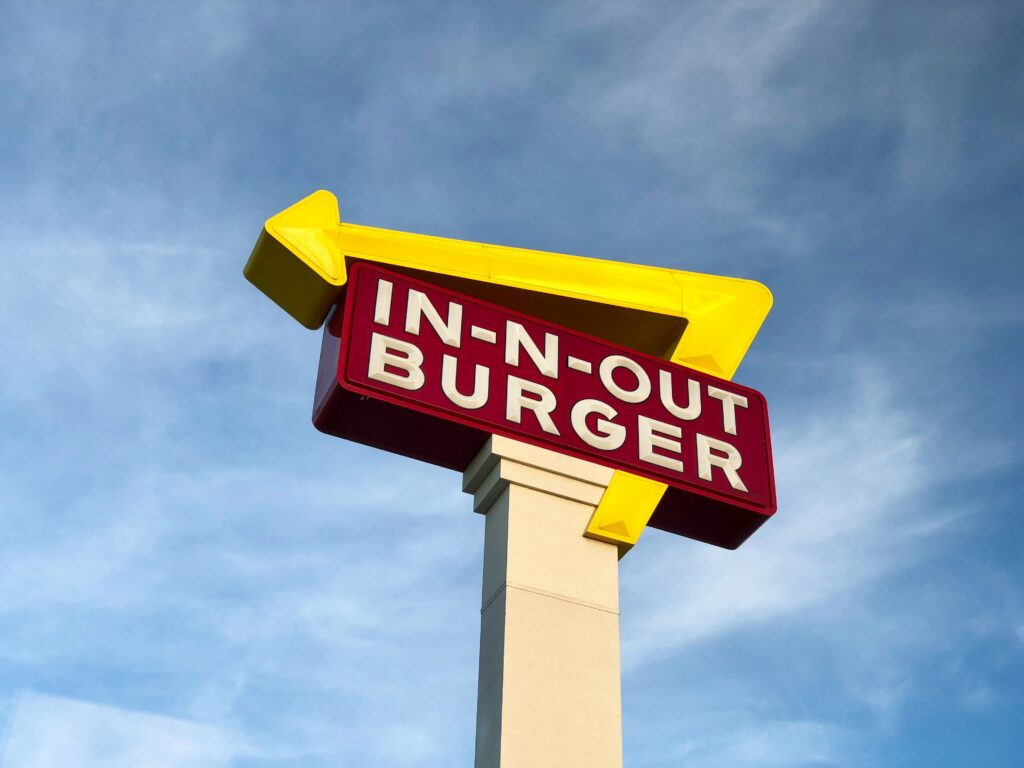California’s fast-food minimum wage hike has been in effect for just one month, and the consequences are proving to be fewer hours and potentially fewer jobs for workers.
Pollo West Corporation, the largest franchisee of El Pollo Loco restaurants in California, has said that its franchises went from profitable to losing money overnight when the fast-food wage hike went into effect. It also said that the franchises have reduced worker hours by 10%. Meanwhile, the restaurants had raised prices in February to prepare for the wage hike, leading to a 3% decline in business.
In total, fast food prices have gone up in California by 10% since September, a larger increase than in any other state. Restaurants have already passed those prices on to consumers, as was expected, and are cutting hours and adding kiosks.
Fewer hours for employees means less money, fewer sales to consumers means less business, which means fewer hours for employees, and automated kiosks mean a reduced need for employees, which means fewer hours (or jobs) for employees.
Are you starting to see how the “minimum wage” ends up backfiring on the very employees it supposedly benefits?
This is always how the minimum wage song and dance goes. When congressional Democrats wanted to impose a one-size-fits-all $15-an-hour federal minimum wage on the country, the Congressional Budget Office determined that it would lift 900,000 people out of poverty.
Less mentioned was the (low-end estimate) 1.4 million people it would throw into poverty via unemployment. Even California Democrats knew this, which is why politically connected businesses managed to be granted exemptions, on which the state is now muddying the waters.
